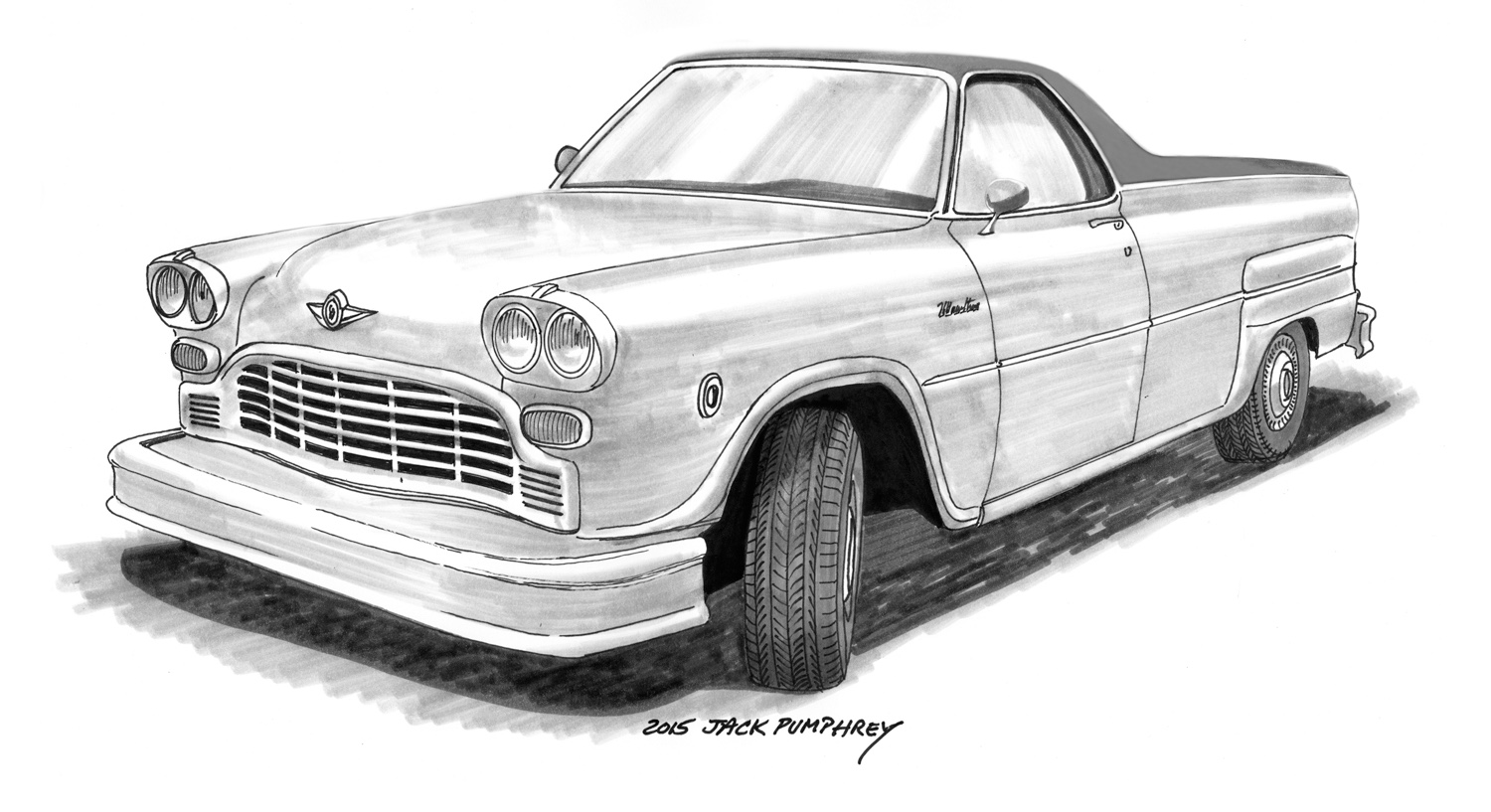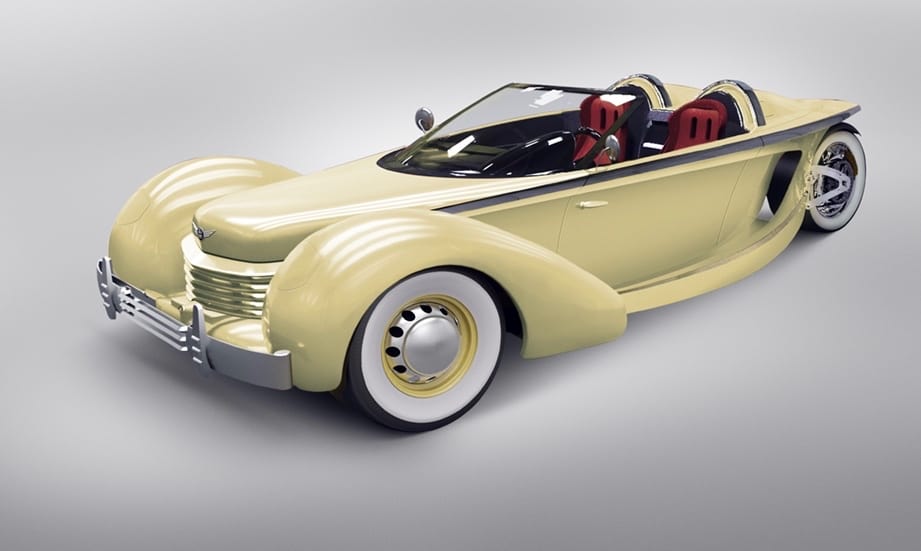Editor’s note: Get more news from the 2018 SEMA Show in Las Vegas by checking out our dedicated page for daily updates.
It’s been three years since the passage in Congress of the FAST Act and December 4 will mark two years beyond the established deadline for regulations to be in place.
But because the National Highway Traffic Safety Administration has yet to issue any such regulations, the Specialty Equipment Market Association said during its annual SEMA Show that it’s ready to go to court.
In case you’ve forgotten, the Fixing America’s Surface Transportation Act included a provision allowing low-volume production of turn-key replica cars. The rule applied only to companies producing fewer than 5,000 vehicles a year worldwide, and they could sell only 325 replica vehicles per year in the U.S. under the new law.
Basically, if someone owned the rights to an automaking enterprise or model that had been out of business for at least 25 years, the federal government would allow as many as 325 replicas to be produced on an annual basis, provided those vehicles were equipped with current-year engines (which thus would meet emission standards) and also met the safety and other regulations NHTSA was to set forth.

Before the act’s passage, and until the new regulations are in place, decades-old “kit car” rules apply, allowing companies to sell such vehicles but without engines in place. Under kit-car rules, the buyer is responsible for turning a rolling chassis into a running vehicle.
The FAST Act not only figured to be a boon to existing kit-car producers, but to new companies as well. People owning the rights to vehicles such as Checker and Cord and DeLorean said they’d bring back those brands as soon as the regulations were in place.
They are still waiting.
“You can’t do anything until it’s in place. It has everybody waiting,” Craig Corbell, who owns the rights to Cord, told the ClassicCars.com Journal. “I’ve invested time and effort and energy and money. But there’s no reason to spend more without knowing all the rules I have to follow.”
“Passage of the FAST Act in 2015 was a landmark moment since low-volume auto manufacturers could now produce turn-key replica vehicles for customers nationwide,” SEMA president Chris Kersting was quoted in the organization’s announcement. “While the law was celebrated by industry and enthusiasts alike, NHTSA’s continued delays have frustrated replica car companies and consumers.
“The replica car provision was designed to be easy for NHTSA to implement, as it simply extends the common-sense approach to overseeing kit-car production that the agency has employed for decades.”
“The delay is creating financial hardship for small businesses committed to the program,” SEMA noted in its statement. “Replica car companies began making investments in new facilities, equipment and supplies based on the one-year timeline to implement the law. Instead, workers have not been hired and sales are on hold because of NHTSA’s inaction.
“Over the past three years, SEMA has suggested several ways in which replica vehicle production could begin immediately, such as by allowing companies to register as the agency pursues a rulemaking. While NHTSA has failed to take advantage of the alternatives, it has inflicted harm on the industry through its inaction. SEMA is ready to ask the court to intervene and eliminate the harm.
“The lack of regulatory flexibility has prevented small businesses from manufacturing turn-key cars that recapture America’s automotive heritage,” SEMA added.





